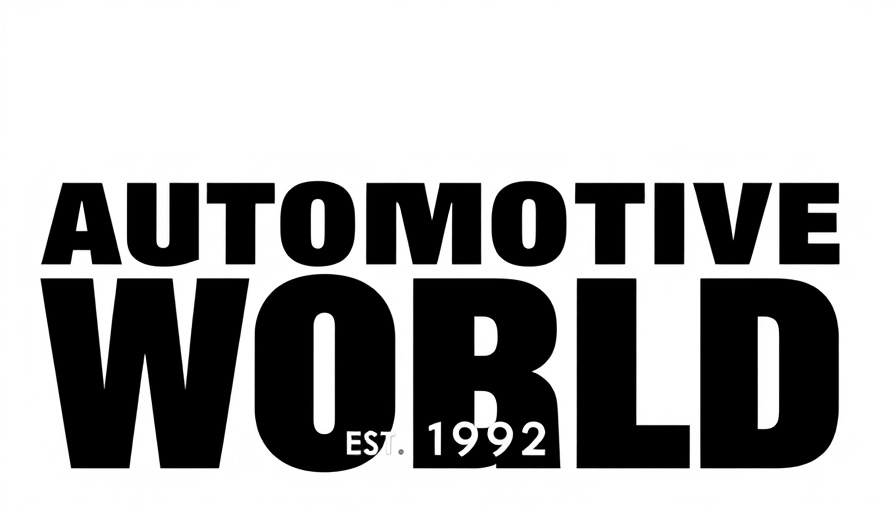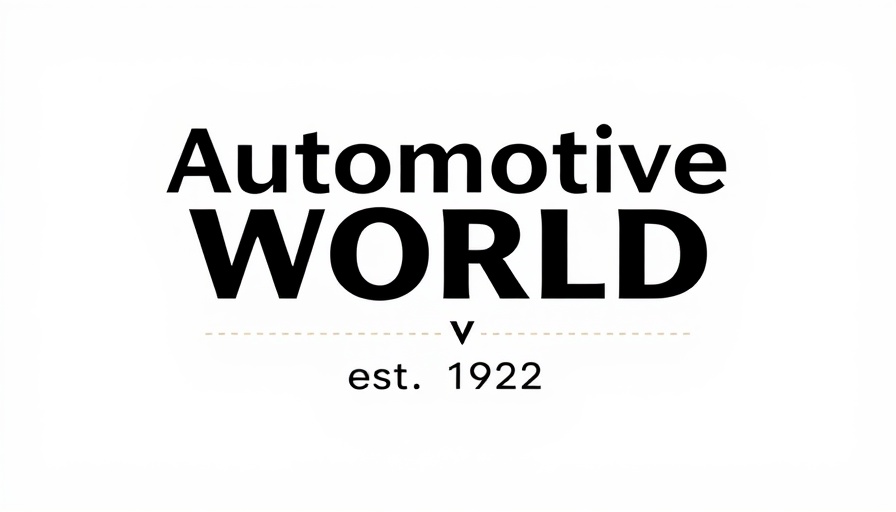
Understanding the Surge in Recall Volumes
As automotive recalls become increasingly prevalent, understanding the reasons behind this surge is essential for dealership owners and GMs. In 2024 alone, over 28 million vehicles were recalled due to safety hazards, with both federal and voluntary recalls creating complex challenges for the industry. Notably, 445 federally mandated recalls were reported alongside 238 voluntary manufacturer notices, leading to a landscape fraught with hidden risks.
The Hidden Risks of Voluntary Recalls
Christopher Miller, Founder and Chairman of Recall Masters, emphasizes that every missed recall not only jeopardizes safety but also represents a missed opportunity for dealers to foster trust with their customers. Given that many voluntary recalls are not logged with the National Highway Traffic Safety Administration (NHTSA), they pose a unique challenge. This lack of transparency can lead to dire consequences for consumers, especially when dealerships overlook older vehicles sold off-brand, further complicating their service obligations.
The Impact of Software-Related Recalls
One of the report’s alarming findings is the rise of software-related recalls, which involved 174 campaigns affecting approximately 13.8 million vehicles. As modern cars integrate more complex electronics, a breakdown in software systems has emerged as the leading cause of recalls. For dealerships, this shift necessitates investment in skilled technicians and specialized tools, which can drive profitability through warranty work and repairs.
Strategic Insights for Dealerships
To navigate this challenging recall climate, dealerships must adopt proactive strategies. Regularly monitoring inventory for unresolved recalls, especially voluntary ones, is critical. This vigilance not only ensures compliance with safety standards but also enhances the dealership's service reputation and customer loyalty.
Future Trends in Automotive Recalls
Predicting future trends is crucial as the automotive landscape shifts towards electric and hybrid vehicles. As these new technologies evolve, anticipating potential safety pitfalls will be essential in enhancing a dealership’s service strategy. Proactive measures can lead to innovations in service delivery, thus positioning dealerships as trusted partners in automotive safety.
Conclusion: A Call to Action for Dealerships
Given the increasing complexity of recalls, dealership owners and GMs should prioritize enhancing their recall management processes. This not only fortifies customer safety but also builds a competitive edge in a rapidly evolving market. Remaining vigilant and informed is the key to safeguarding both the consumer base and the dealership's bottom line.
 Add Row
Add Row  Add
Add 

 Add Row
Add Row  Add Element
Add Element 




Write A Comment